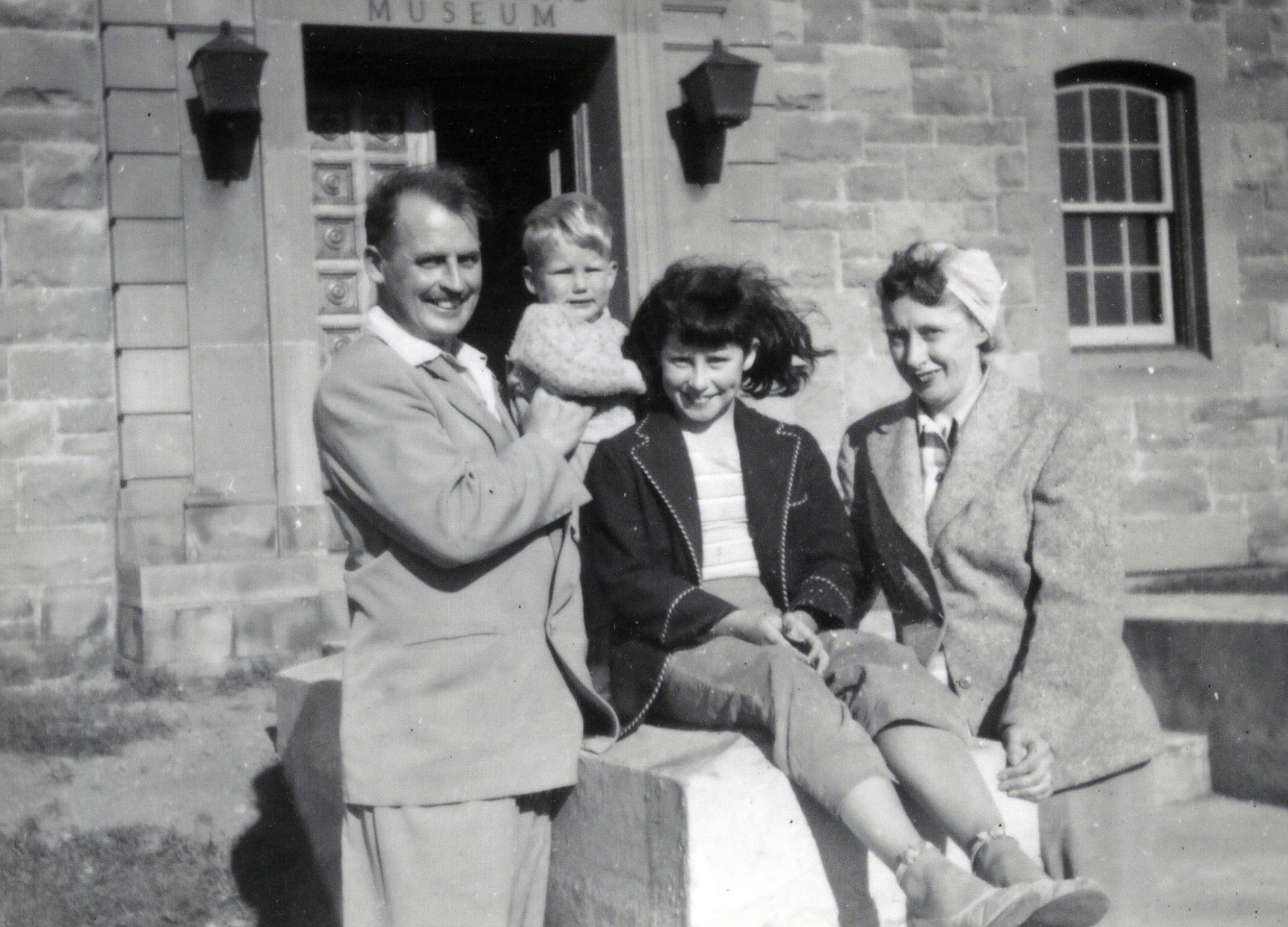A Mother’s Day Tribute

L. Ian MacDonald
May 13, 2023
On this Mother’s Day, some thoughts about my own mother that I wish I’d written while she was still alive.
Marian Agnes Roach MacDonald was a proud Haligonian, a convent girl whose family moved from Newfoundland to Nova Scotia so that their girls could receive a proper Catholic education at the Sacred Heart School.
She became a nurse, which is how she met and married my father, Arthur Lamond MacDonald, a graduate of Acadia University and later Nova Scotia Tech, and an electrical engineer.
Fresh out of college, he joined the Canadian Army as a young second lieutenant at the onset of the Second World and, still in his 20s, was in charge of defensive electrical installations on the entire East Coast of Canada and Newfoundland.
This was about half a dozen years before Newfoundland and Labrador joined Confederation. He later referred to that time as “my overseas service.”
By war’s end, he had been promoted to major, one of the youngest of that rank in uniform. And they had a daughter, my sister Sandra.
Our parents remained marked by, and mindful of, their service to country. When they moved to Montreal to begin to their post-war lives, which was when I arrived, my father joined an engineering firm, and made a new circle of friends, who gathered for congenial games of bridge and competitive curling bonspiels at the St. George Club, now a lovely private elementary school overlooking The Boulevard in Westmount.
We lived at Benny Farm, a housing project for veterans and their families in the West End of Montreal. Like so many veterans and their families, we grew up and out of post-war housing, my parents taking a mortgage on a three-bedroom semi-detached home on Montclair Ave. in Notre-Dame-de-Grâce.
This enabled me to move without changing grade schools, St. Monica’s, across the street from the new parish of the same name. This was apparently a matter of some discussion with my grandfather, Angus J. MacDonald, a High Presbyterian Cape Bretoner who was not known to have favoured his son’s marriage to a member of the Catholic faith, a cause of disagreement with his wife, Martha Anderson.
Grandad and Nana lived on Fletcher Street in Glace Bay, the heart of the coal mining community in Cape Breton. With her brother-in-law, our Uncle Archie MacVicar, they shared a determination that, as he told his children, they were “never going down there” to work in the infamous coal mine, not even for a summer job. He had been there, and done that, and every one of his kids obtained a university degree. One of them became a high school principal, another was a musician, of whom Nana often spoke with pride.
An insurance broker with a small office on Commercial St. in Glace Bay, Angus J. would say he had to drive to Nova Scotia for the day on business. At first, he even opposed the building of the Canso Causeway in the 1950s, until it was finished and he no longer had to wait hours for the ferry, often delayed by bad weather.
In Montreal in the mid-50s, my mother resumed her nursing career, at first as a part-time float, and later on the night shift at Queen Mary Veterans’ Hospital.
When my father died of a heart attack in 1958 at the age of only 43, she returned to work full time, including the night shift. I remember her standing at the windswept corner of Walkley and Somerled one afternoon, waiting for the bus to take her to the hospital.
There were bills for my mother to pay, and private schools. They weren’t expensive—and still aren’t by Quebec’s highly accessible and laudable standards—but they weren’t free, either.
Before long, she had become the head nurse on her ward, and later as the matron, she was the boss of the place and all the doctors knew it. No one gave her patients anything but their best effort. After all, were the heroes of two world wars who had, as she said, served our country. For our family, she led by example.
When I graduated from Loyola College in the spring of 1969, my sister took a picture of me handing Mother my diploma.
“This is yours, too,” I told her.
By then, her lifetime of hard work had begun to pay dividends.
She could even afford a cleaning lady for our home on Montclair.
One day after school, I came home and found her running the vacuum cleaner.
“What are you doing, Mother?”
“I have to clean the house,” she replied.
“Why?”
“The cleaning lady is coming tomorrow.”
“That’s the point. You don’t have to do this.”
“I wouldn’t want her to have a bad impression of us.”
That was her—she never stopped working.
And she would live a full life, leaving us at 93, in 2009.
L. Ian MacDonald is Editor and Publisher of Policy Magazine.
